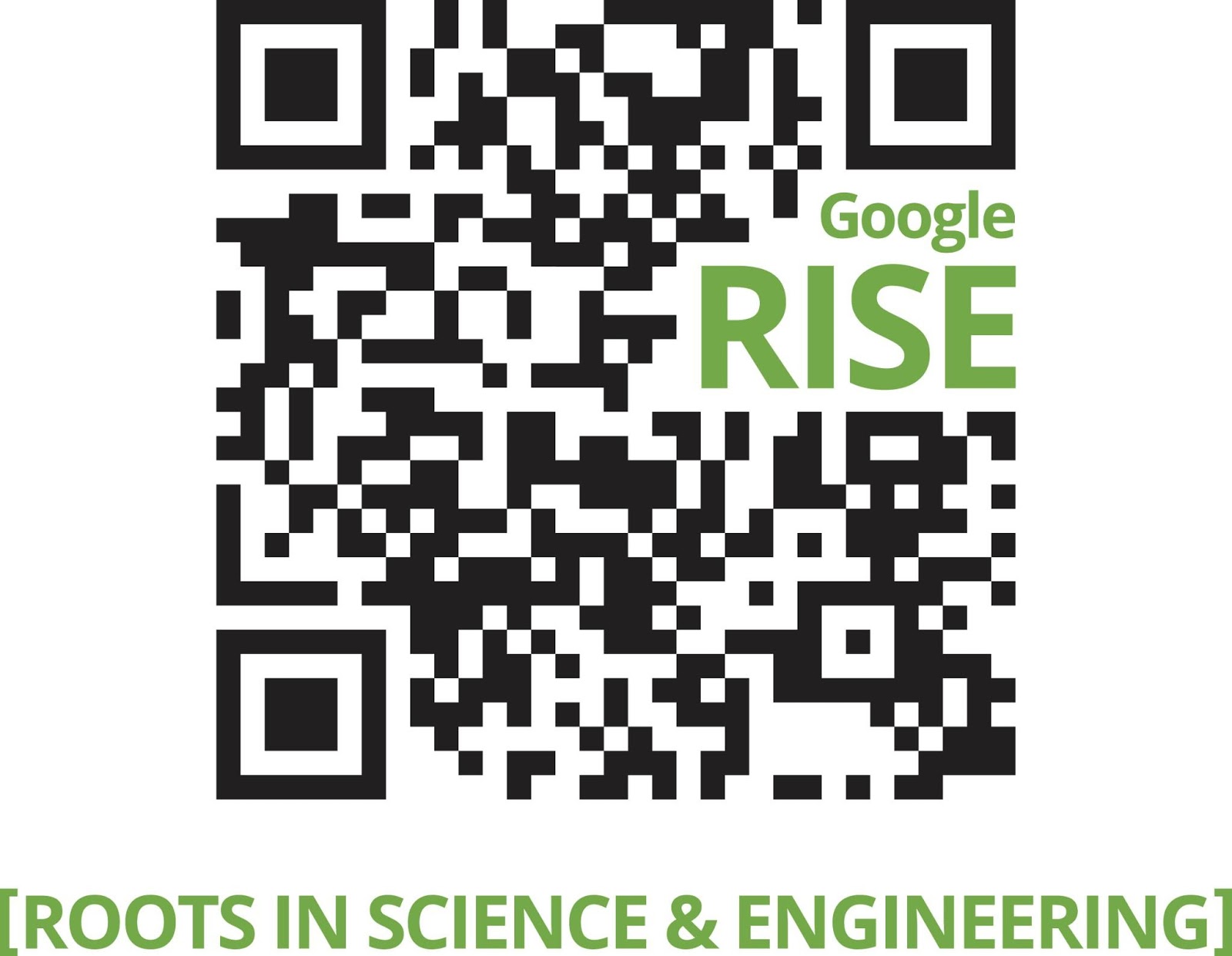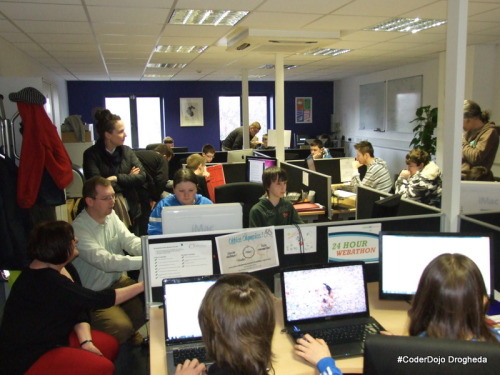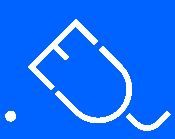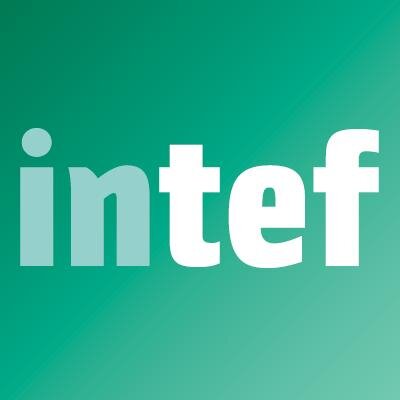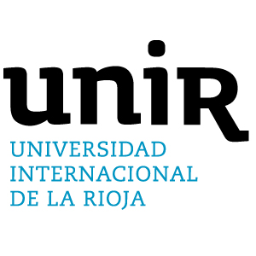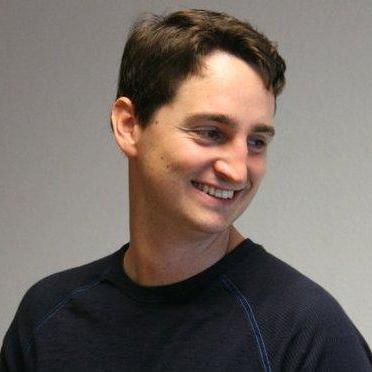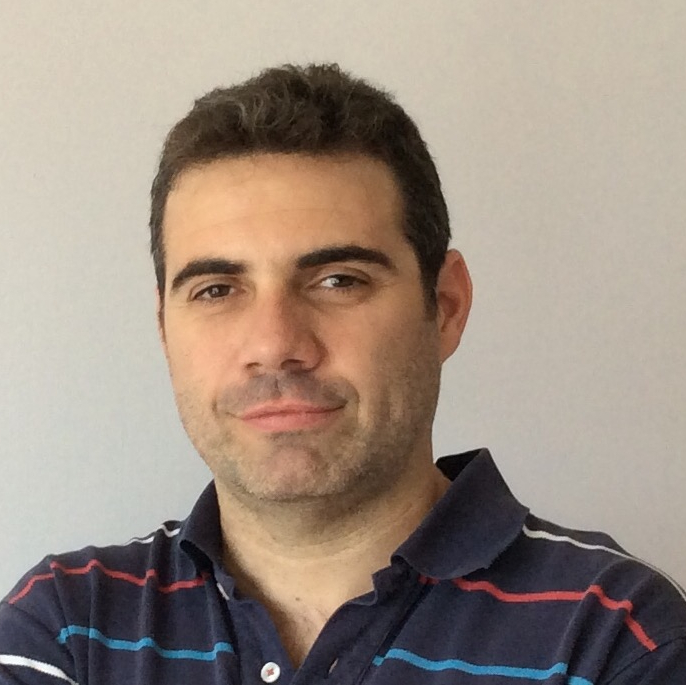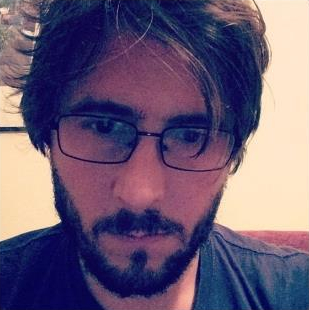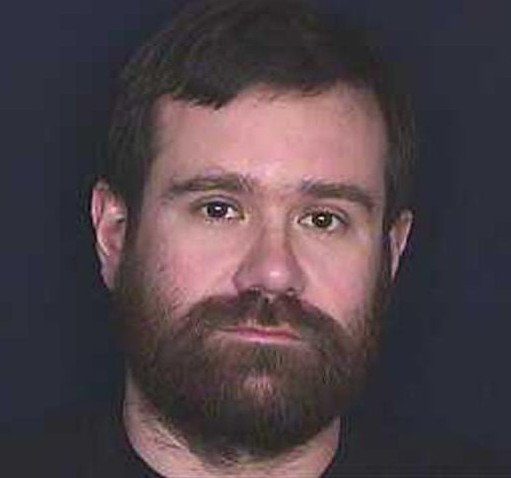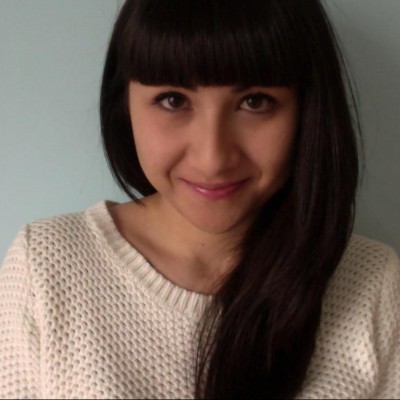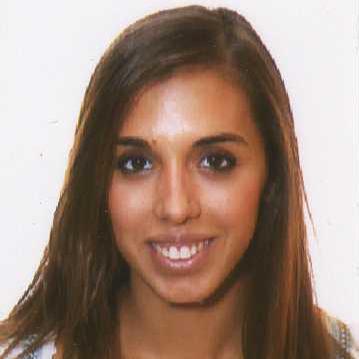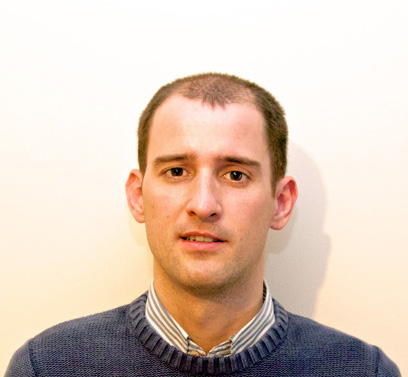|
[1]
|
Jesús Moreno-León, Gregorio Robles, and Marcos Román-González.
Towards data-driven learning paths to develop computational thinking
with Scratch.
IEEE Transactions on Emerging Topics in Computing, PP(99):1--1,
2017.
[ bib |
DOI ]
|
|
[2]
|
Marcos Román-González, Juan-Carlos Pérez-González, and Carmen
Jiménez-Fernández.
Which cognitive abilities underlie computational thinking?
Criterion validity of the computational thinking test.
Computers in Human Behavior, 72(Supplement C):678 -- 691, 2017.
[ bib |
DOI |
http ]
|
|
[3]
|
Jesús Moreno-León, Marcos Román-González, Casper Harteveld, and
Gregorio Robles.
On the automatic assessment of computational thinking skills: A
comparison with human experts.
In Proceedings of the 2017 CHI Conference Extended Abstracts on
Human Factors in Computing Systems, CHI EA '17, pages 2788--2795, New York,
NY, USA, 2017. ACM.
[ bib |
DOI ]
|
|
[4]
|
Marcos Román-González, Jesús Moreno-León, and Gregorio Robles.
Complementary tools for computational thinking assessment.
In CTE 2017: International Conference on Computational Thinking
Education 2017, pages 154--159, July 2017.
[ bib ]
|
|
[5]
|
Efthimia Aivaloglou, Felienne Hermans, Jesús Moreno-León, and Gregorio
Robles.
A dataset of scratch programs: scraped, shaped and scored.
In Proceedings of the 14th International Conference on Mining
Software Repositories, pages 511--514. IEEE Press, 2017.
[ bib ]
|
|
[6]
|
Gregorio Robles, Jesús Moreno-León, Efthimia Aivaloglou, and Felienne
Hermans.
Software clones in scratch projects: On the presence of
copy-and-paste in computational thinking learning.
In Software Clones (IWSC), 2017 IEEE 11th International Workshop
on, pages 1--7. IEEE, 2017.
[ bib ]
|
|
[7]
|
Jesús Moreno-León, Gregorio Robles, and Marcos Román-González.
Examining the relationship between socialization and improved
software development skills in the Scratch code learning environment.
J. UCS, 22(12):1533--1557, 2016.
[ bib ]
|
|
[8]
|
José-Manuel Sáez-López, Marcos Román-González, and Esteban
Vázquez-Cano.
Visual programming languages integrated across the curriculum in
elementary school: A two year case study using Scratch in five schools.
Computers & Education, 97:129 -- 141, 2016.
[ bib |
DOI |
http ]
|
|
[9]
|
Jesús Moreno-León, Gregorio Robles, and Marcos Román-González.
Code to learn: Where does it belong in the k-12 curriculum?
Journal of Information Technology Education: Research,
15:283--303, 2016.
[ bib ]
|
|
[10]
|
Marcos Román-González, Juan-Carlos Pérez-González, Jesús
Moreno-León, and Gregorio Robles.
Does computational thinking correlate with personality?: the
non-cognitive side of computational thinking.
In Proceedings of the Fourth International Conference on
Technological Ecosystems for Enhancing Multiculturality, pages 51--58. ACM,
2016.
[ bib ]
|
|
[11]
|
Jesús Moreno-León and Gregorio Robles.
Code to learn with scratch? A systematic literature review.
In Global Engineering Education Conference (EDUCON), 2016 IEEE,
pages 150--156. IEEE, 2016.
[ bib ]
|
|
[12]
|
Jesús Moreno-León, Gregorio Robles, and Marcos Román-González.
Comparing computational thinking development assessment scores with
software complexity metrics.
In 2016 IEEE Global Engineering Education Conference (EDUCON),
pages 1040--1045, April 2016.
[ bib |
DOI ]
|
|
[13]
|
Jesús Moreno-León, Gregorio Robles, and Marcos Román-González.
How social are Scratch learners? A comprehensive analysis of the
Scratch platform for social interactions.
In FLOSS Education and Computational Thinking Workshop. 12th
International Conference on Open Source Systems, pages 19--26, 2016.
[ bib ]
|
|
[14]
|
Jesús Moreno-León and Gregorio Robles.
Dr. scratch: A web tool to automatically evaluate scratch projects.
In Proceedings of the workshop in primary and secondary
computing education, pages 132--133. ACM, 2015.
[ bib ]
|
|
[15]
|
Luis Alberto Calao, Jesús Moreno-León, Heidy Ester Correa, and Gregorio
Robles.
Developing mathematical thinking with Scratch: An experiment with
6th grade students.
In Design for Teaching and Learning in a Networked World, pages
17--27. Springer, 2015.
[ bib ]
|
|
[16]
|
Jesús Moreno-León and Gregorio Robles.
Computer programming as an educational tool in the English
classroom: A preliminary study.
In Global Engineering Education Conference (EDUCON), 2015 IEEE,
pages 961--966. IEEE, 2015.
[ bib ]
|
|
[17]
|
Jesús Moreno-León and Gregorio Robles.
The Europe code week (CodeEU) initiative: Shaping the skills
of future engineers.
In 2015 IEEE Global Engineering Education Conference (EDUCON),
pages 561--566. IEEE, 2015.
[ bib ]
|
|
[18]
|
Jesús Moreno and Gregorio Robles.
Automatic detection of bad programming habits in Scratch: A
preliminary study.
In 2014 IEEE Frontiers in Education Conference (FIE)
Proceedings, pages 1--4, Oct 2014.
[ bib |
DOI ]
|
